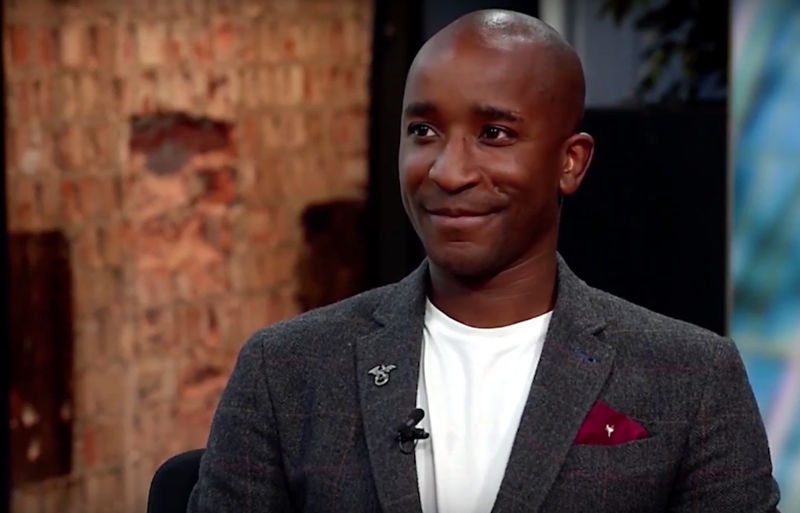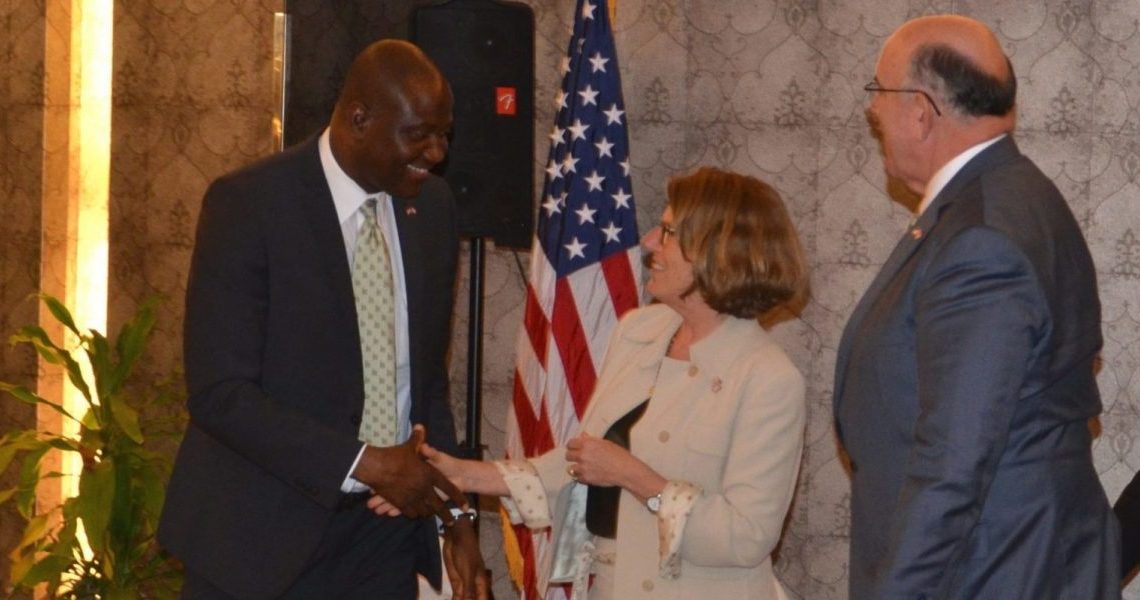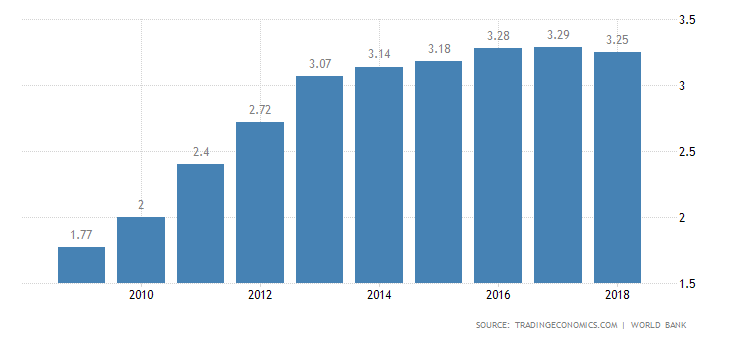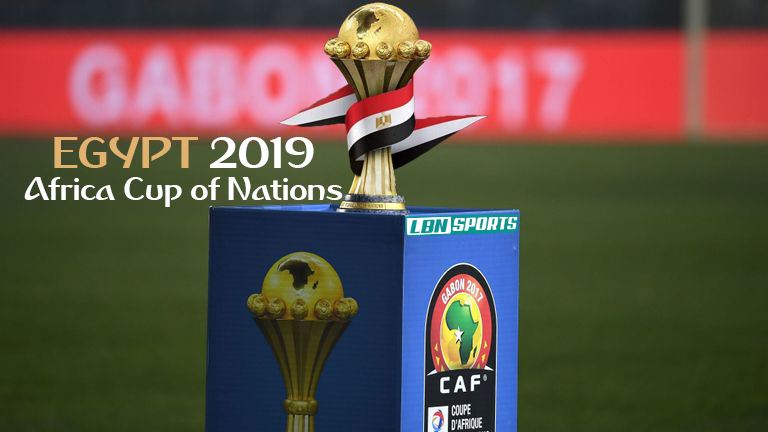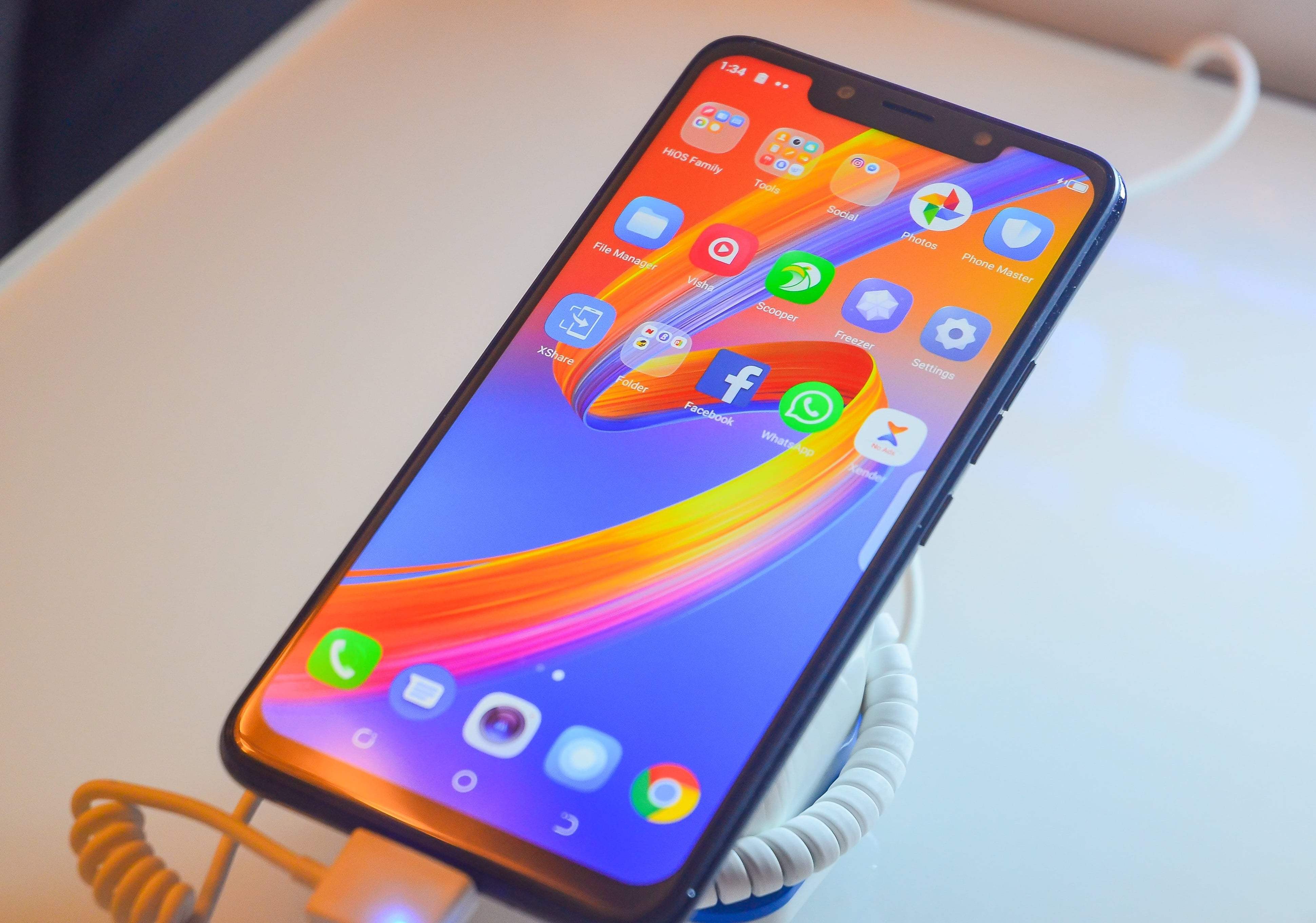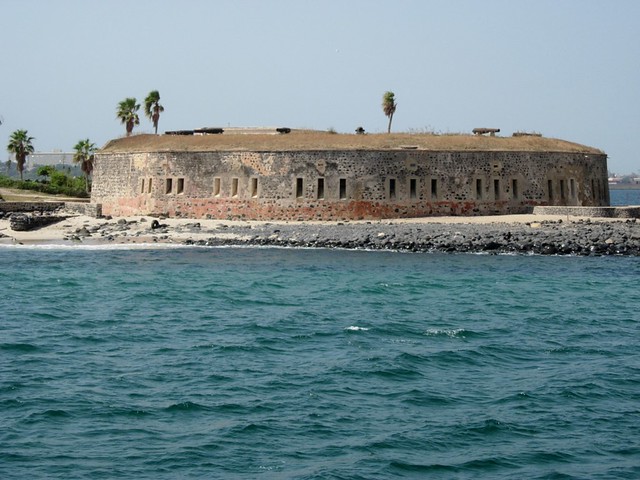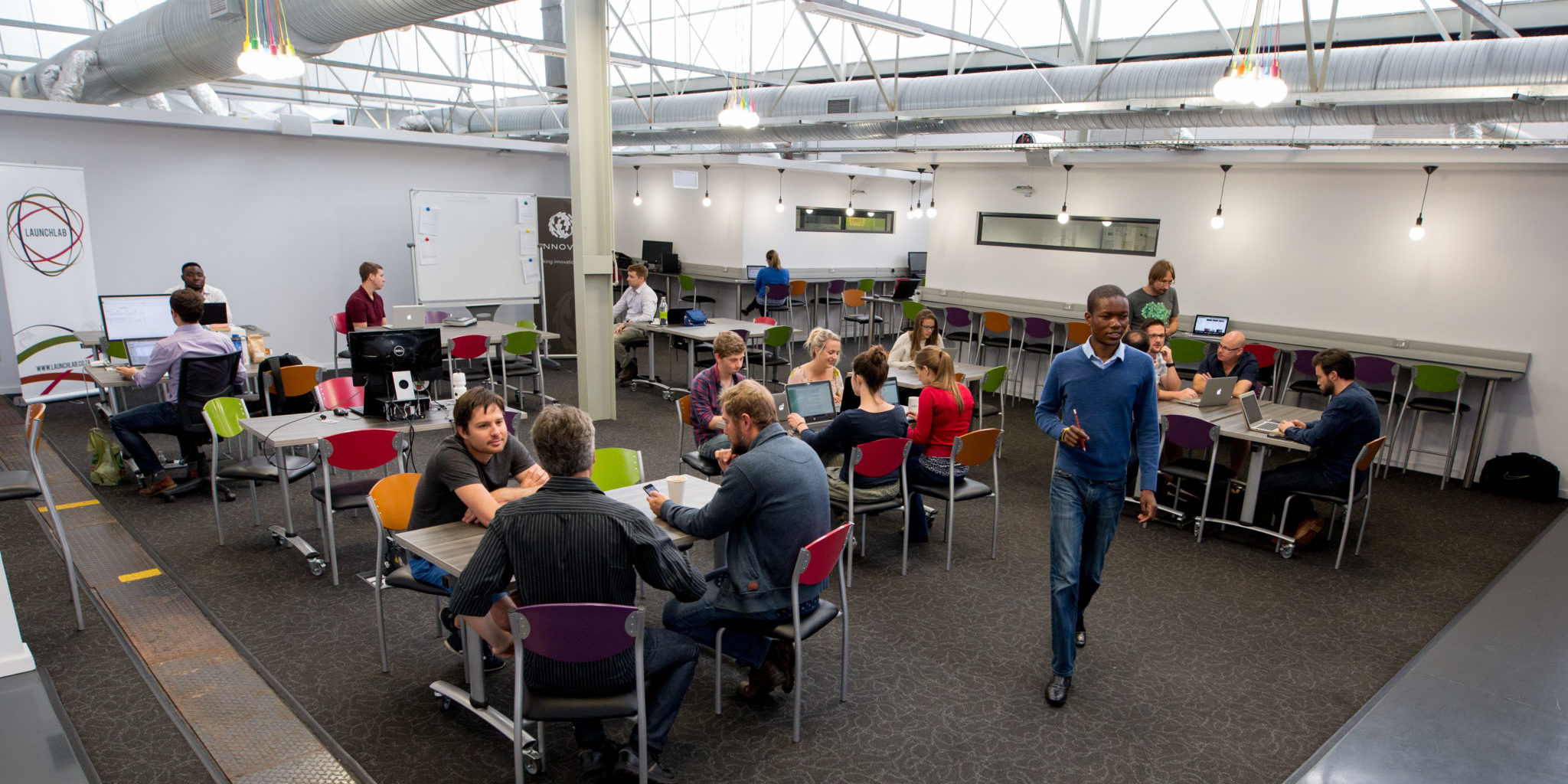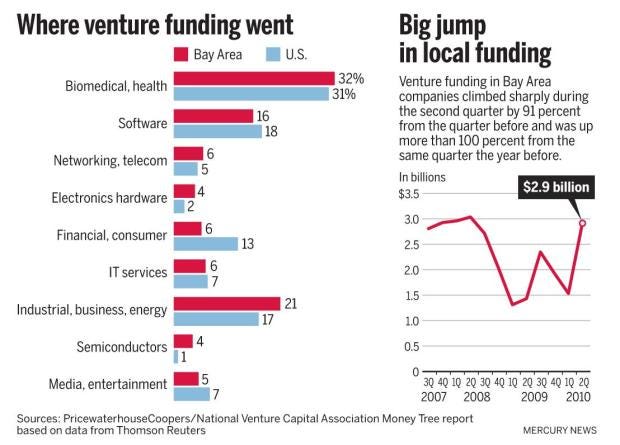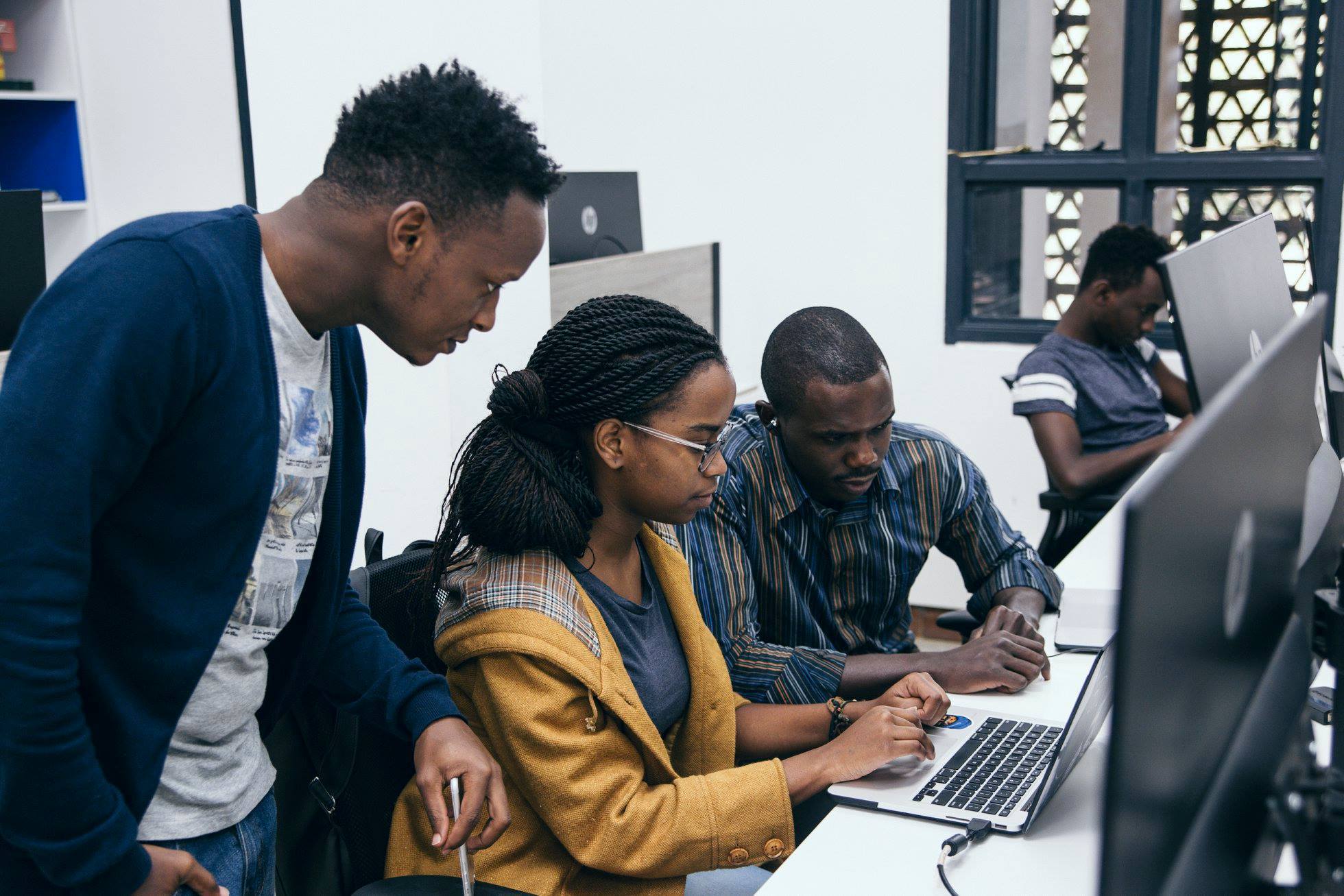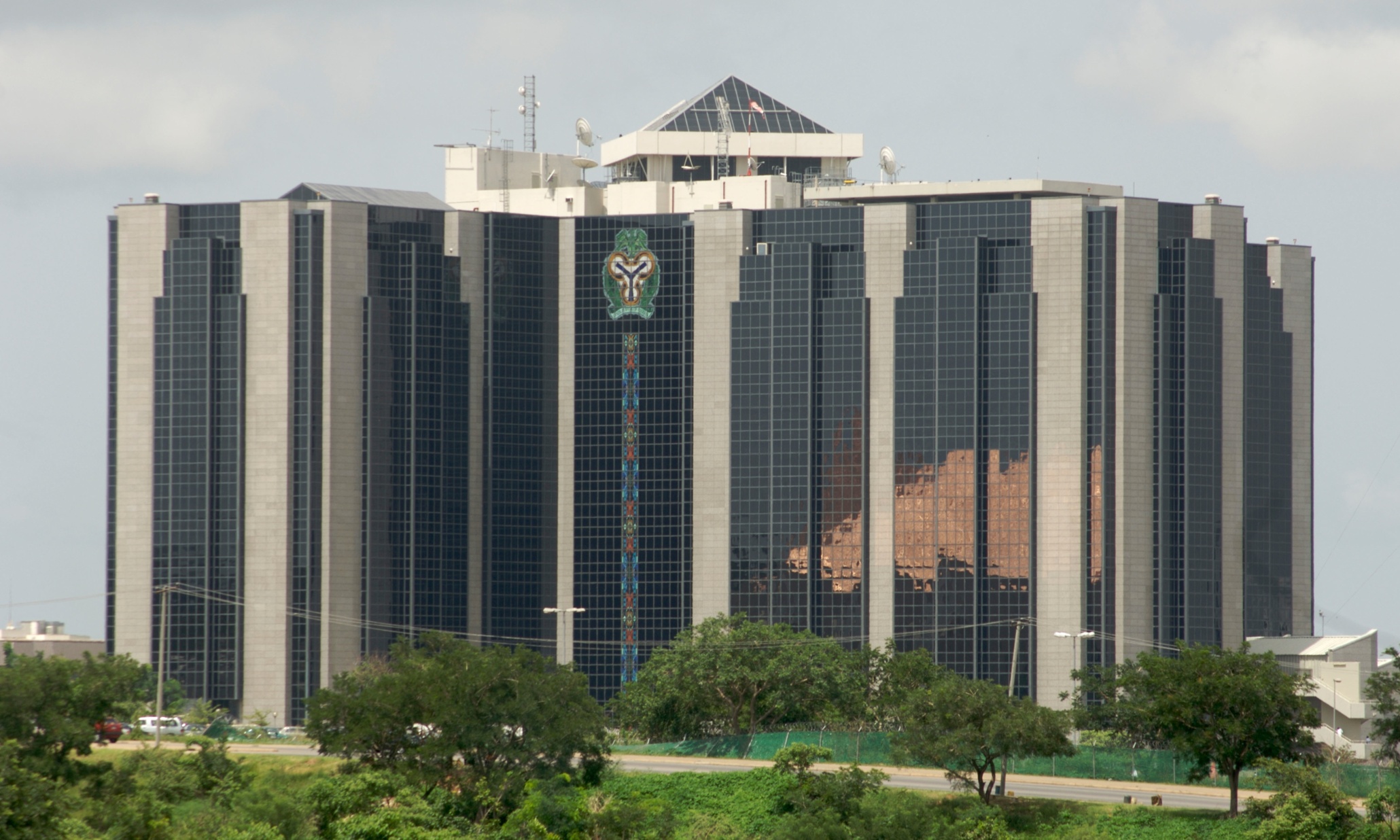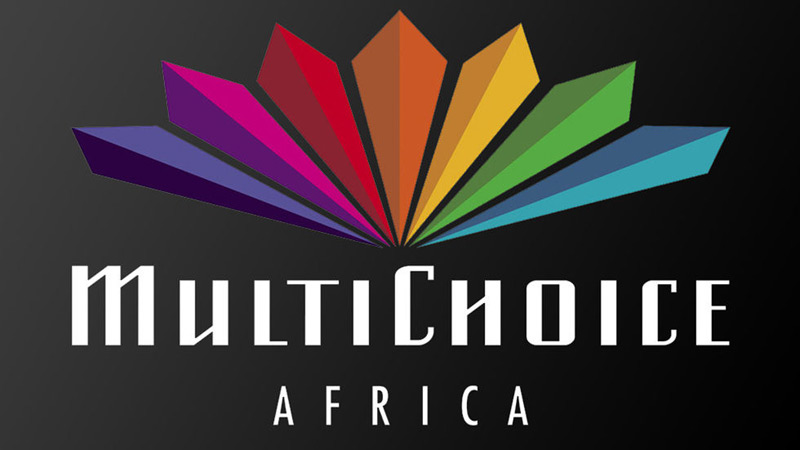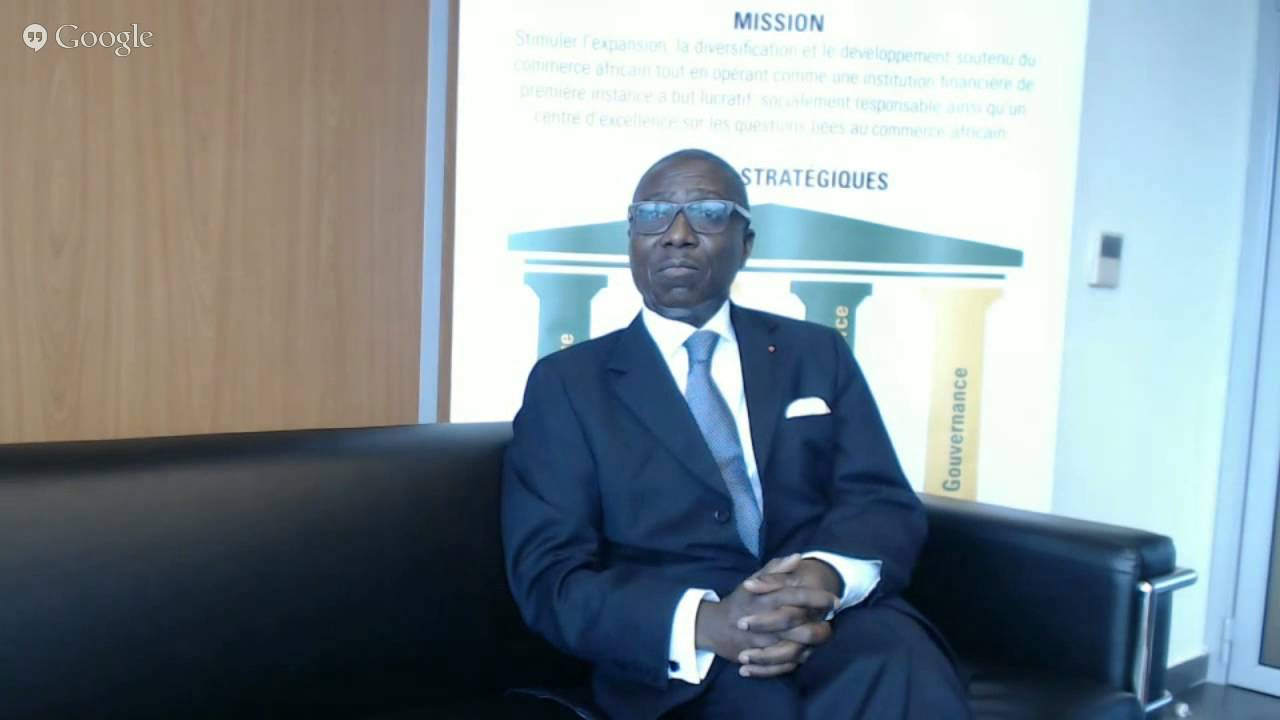This Zimbabwean Entrepreneur Has Just Launched Europe’s First Self-Driving Delivery Vehicle
African entrepreneurs are never leaving any stone unturned. Zimbabwe’s William Sachiti and his team at the Academy of Robotics have launched Europe’s first roadworthy self-driving delivery vehicle, “Kar-go” which aims to reduce the cost of last-mile delivery by as much as 90 percent.

In the first week of its launch, Kar-go has been hosted by the Duke of Richmond and praised by both the Duke and Zimbabwean dignitaries including Zimbabwe’s Foreign Affairs Minister Sibusiso Moyo and Zimbabwe ambassador to the UK Christian Katsande.
A Look At Kar-go
- Kar-go is a self-driving vehicle that works with the help of an app
- Recipients of parcels can simply track their delivery and meet the vehicle at their preferred destination just like meeting a pre-booked taxi.
- Recipients will then use the app to open the hatch of the vehicle to release their specific parcel.
- Inside the vehicle, a patented package management system will sort and re-shuffle packages on the move.
- Powered by Tesla batteries, Kar-go can drive at 60mph and cover around 120 miles before it needs re-charging — around the same distance as an average delivery driver covers daily.
- Traveling at up to 60mph, the vehicle has been developed in collaboration with the UK’s vehicle licensing authority, the DVLA, to travel on the roads.
- As part of the vehicle’s development, Sachiti “trained” the Kar-go technology to operate on roads in Zimbabwe.

Academy of Robotics founder and CEO, William Sachiti explains how the vehicle works:
“There are some great delivery robots out there, but most of them are designed to run on neat pavements or sidewalks of grid-like cities. We want Kar-go to be universally applicable, so we have trained our technology in a number of different environments and of course, for me, Zimbabwe was a natural choice.”
Kar-go has already attracted significant interest in investment from China, the UK, Australia, Germany and Switzerland and the Academy of Robotics is in discussions with a number of retailers and logistics companies with commercial trials for Kar-go on the roads in the UK planned in the next few months.
Sachiti, adds:
“We have had a number of very promising conversations with potential partners and investors and we are confident that Kar-go will be on the streets in a few months with a series of trials with high street retailers and logistics brands to follow. We are very grateful for the support we have received both in the UK and from the Zimbabwean community.”

An Emblem of the Future.
This electric, self-driving vehicle, Kar-go has since been selected by the team curating FOS Future Lab for the Goodwood Festival of Speed (FOS) as an emblem of the future.
The Festival of Speed is an annual event dubbed motorsport’s ultimate garden party, as it takes place on lawns and paddocks of the Duke of Richmond’s Goodwood estate.
The Duke hosts motoring enthusiasts from around the world who flock to see the latest concept cars to classics.
Festival Of Speed Future Lab is the Duke of Richmond’s latest addition to the Festival of Speed and has become a centerpiece of the event.
The Man Behind This Unique Concept Vehicle is Zimbabwean-Brit, William Sachiti, From Harare.
Having exited his first start-up (123-registration) at 19, team leader William Sachiti (34) has since founded and exited 3 businesses including Clever Bins, a business he pitched aged 24 on the BBC Dragon’s Den show.
Before he turned his attention to AI and robotics his last business, MyCityVenue was acquired by Secret Escapes in 2015.
During his visit to the UK, Minister Moyo together with ambassador Katsande made time to meet Sachiti.
The dignitaries inspected the Kar-go vehicle at an exclusive reception and hosted by the Westbury Mayfair hotel in the prestigious Mayfair district where William was speaking at an event on the future of transport alongside leaders from the automotive industry.
At the reception, organized by Conrad Mwanza and the Zimbabwe Achiever Awards (ZAA) team, the party discussed the Kar-go technology and William and the team’s work to make the technology internationally applicable.
The reception was supported by British-Zimbabwean businessman Byron Fundira, an early investor in the Kar-go project, who was introduced to fellow ZAA winner by Conrad Mwanza.
Sachiti who moved to the UK aged 17 remains close to his family back in Zimbabwe and frequently returns.

The Academy of Robotics
The Academy of Robotics is a UK-headquartered self-drive car manufacturing company, founded by William Sachiti with a technical team of engineers, scientists, and researchers. The Academy specializes in creating technology to perform or simplify complex tasks.
Combining the best techniques from machine learning and mechatronics the Academy builds powerful self-adapting machines and task-specific artificially intelligent software.
Starting out of a university campus in Wales, the Academy of Robotics now has offices in London, Brighton, and Wales and has successfully filed several patents for its autonomous technology.
Charles Rapulu Udoh

Charles Rapulu Udoh is a Lagos-based Lawyer with special focus on Business Law, Intellectual Property Rights, Entertainment and Technology Law. He is also an award-winning writer. Working for notable organizations so far has exposed him to some of industry best practices in business, finance strategies, law, dispute resolution, and data analytics both in Nigeria and across the world.

